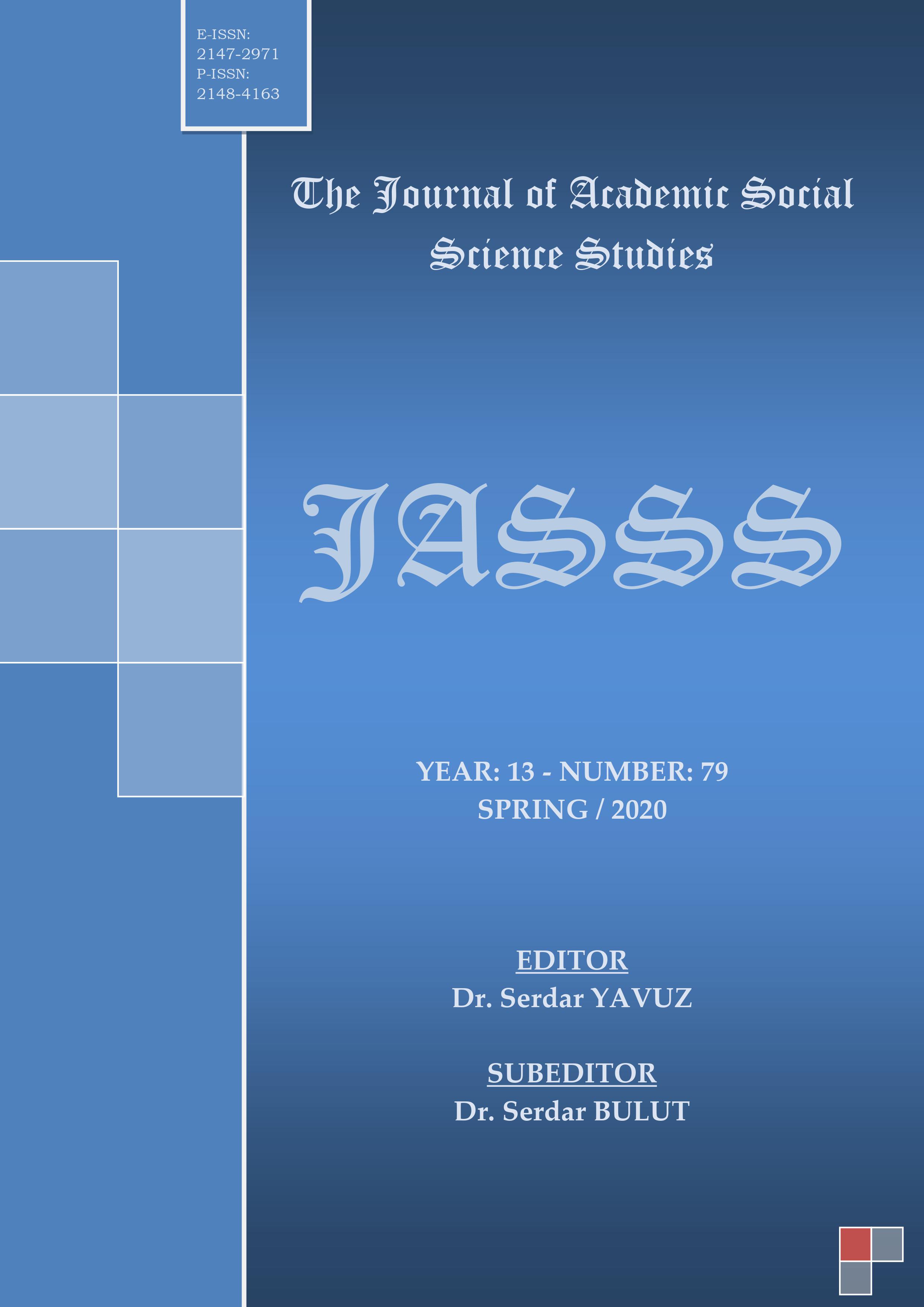Author :
Abstract
On yedinci ve on sekizinci yüzyıllara dayanan Avrupa Emperyalizmi, dünyanın farklı bölgelerindeki insanların hayatlarını şekillendirmiştir. Diğer ulusların geri ve bağımlı oldukları iddiası içerisinde olan yaygın Avrupa ideolojisi uzak bölgelerin kolonileştirilmesine yol açtı. Diğer ulusların güç kullanılarak kolonileştirilmesi, işgalcileri için çalışmak zorunda bırakılan köleleştirilmiş ve baskılanmış yerli insanlar oluşmasına neden oldu. Bu insanların kültürel ve politik açıdan hegemonya altına alındılar dolayısıyla ikinci sınıf bir vatandaş topluluğu yaratılmış oldu. Diğer halkların ekonomik ve kültürel anlamda sömürülmesi, belli bir süre sonra, bağımsızlık elde etme arzusunu harekete geçirdi ve bu istek bağımsız ulusların ortaya çıkmasına sebep oldu. Bağımsızlık sonrası, bir zamanlar sömürülen halklar sömürgecilik sonrası diye adlandırılan yeni bir döneme girdiler. Sözde bağımsızlık, baskılanmış insanların acılarına bir son vermedi, tam tersine ana vatana göç etmekten kaynaklanan aşağılık kompleksi, kölelik, ayrımcılık, ve arada kalmışlık gibi tartışmalı konuların ortaya çıkmasına neden oldu. Çeşitli sebeplerle, yurtlarını terk etmek zorunda bırakılan göçmenler eğitim almanın hayalini kurarken bazıları da para biriktirmek için mücadele etmektedirler. Fakat yerlerinden edilmiş göçmenler, kimliklerinden dolayı öteki diye görüldükleri ana vatanda hoşgörü ile karşılanmamaktadır. Farklı etnik kimliklere sahip göçmenler, aşağılanmakta dolayısıyla ne kendileri ne de öteki ne ulusal ne de Avrupalı olabilmektedirler. Bu bağlamda bu çalışma, kolonileşme sonrası Tayeb Salih’in Kuzeye Göç Mevsimi adlı romanında arada kalmış göçmenleri incelemeyi amaçlamaktadır.
Keywords
Abstract
European imperialism, dating back to seventeenth and eighteenth centuries, has shaped peoples’ lives from different parts of the world. The common European ideology claiming that other nations were dependent and backward caused the colonization of remote territories. The economic and cultural subjugation of other nations by force created enslaved and dominated natives who were forced to work for the intruders. They were hegemonized both culturally and economically,thus,second class citizens were created. The economic and cultural exploitation of other people, after colonialism, activated the desire to gain independence and it paved the way for independent countries. After the sovereignty, once dominated countries and people have undergone a new period which is described as postcolonialism. The so-called sovereignty has not ended the sufferings of the suppressed people, on the contrary, it has created lots of controversial issues which are slavery,inferiority, discrimination and in-betweenness resulted from the migration to the motherland. Some migrants, forced to leave their homelands, dream about studying while others struggle to save money. But uprooted migrants are not welcomed in the motherland where they are considered the other for their identity. Migrants with different ethnicities are degraded thus, they are neither self nor the other neither native nor European. In this regard, this study aims to scrutinize migrants who are in-between in Tayeb Salih’s Season of Migration to the North in the postcolonial period.
Keywords
- Al-Shraah, S. M. (2015). Season of Migration to the North: A Dream of Reconciliation Between Tradition and Liberalism. European Scientific Journal, 11(23).
- Bhabha, H. K. (2012). The Location of Culture. Routledge.
- Canlı, G. (2004). Postcolonial Novel: Quest for Home. Journal of Arts and Sciences, 2(2).
- Daraiseh, I. and Booker, M. K. (2008). Tayeb Salih and Modernism’s Season of Migration to the South.Volume 5- Issue 2.
- Fanon, F. (2008). Black Skin, White Masks. Grove Press.
- Fanon, F. Sartre, J. P. and Farrington, C. (1963). The Wretched of the Earth (Vol. 36). New York: Grove Press.
- Idriss, Y. A. (2012). Season of Migration to the North and the Story of the Sudanese Nation: Hopes and impediments. International Journal of English and Literature, 3, 117-124.
- Kohn, M. and Keally M. (2011). Political Theories of Decolonization: Postcolonialism and the Problem of Foundations. Oxford: Oxford University Press.
- Said, Edward. (1994). Culture and Imperialism. First Vintage Books Edition.
- Saleh, T. (1969). Season of Migration to the North. New York Review Books.





